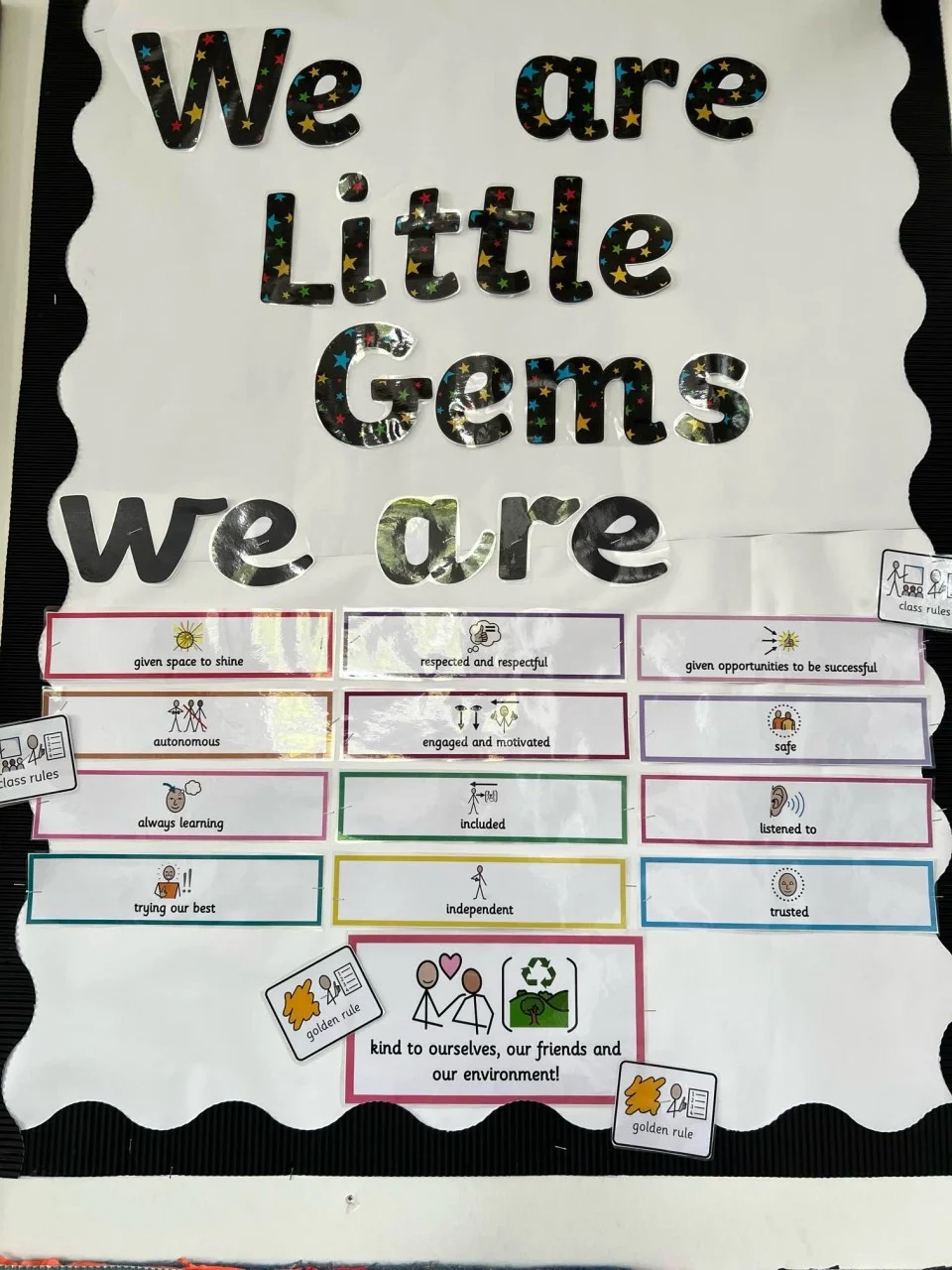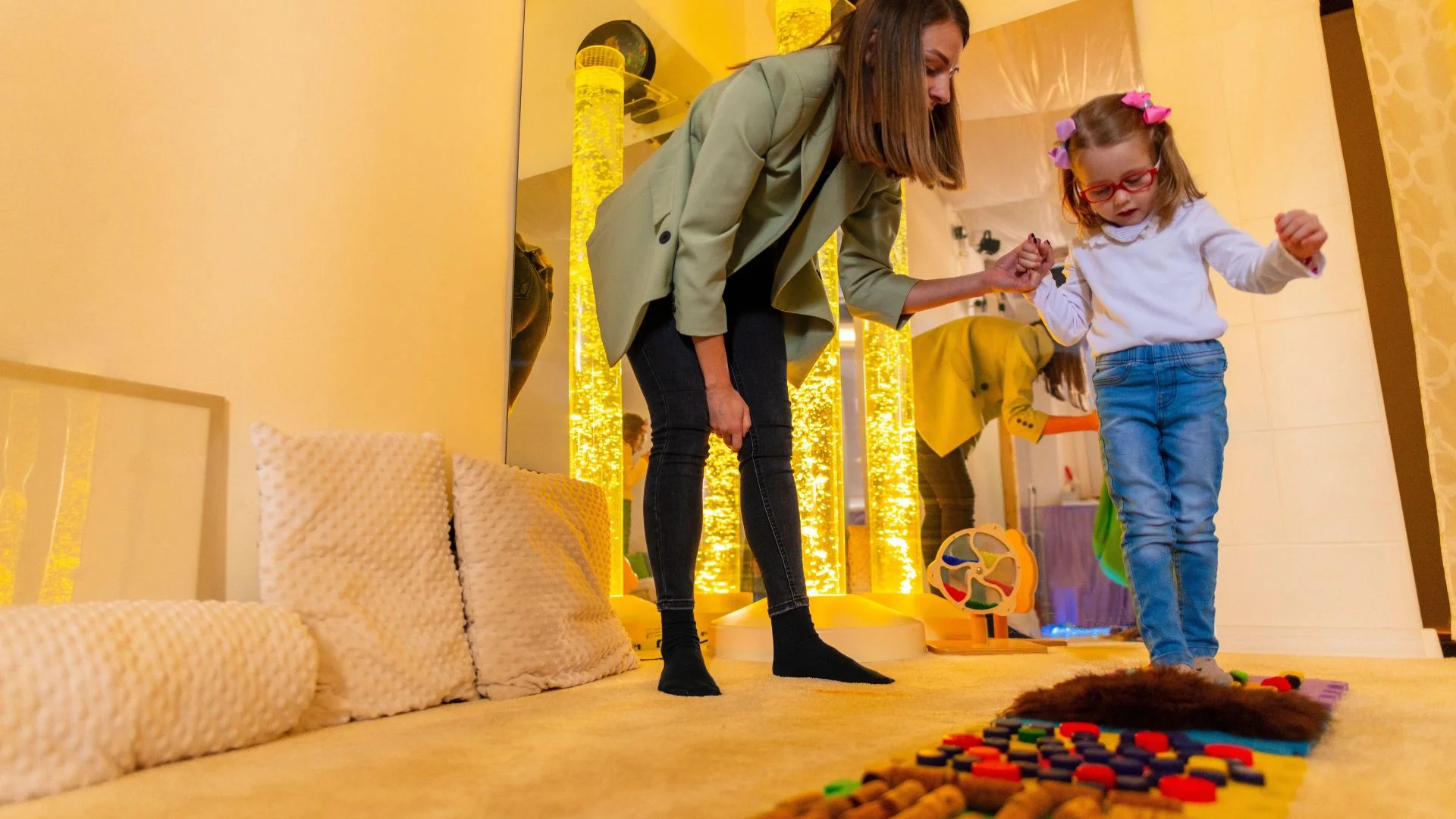World Kindness Day: How Teachers Can Inspire Caring and Compassion in Schools
23 Sept, 20251-2 minutes
In this blog, you will learn:
- About World Kindness Day and the importance of being kind in schools.
- Random acts of kindness Teachers and pupils can do in schools.
- Kindness ideas as suggested by Teachers.
- Where the latest teaching jobs are and how to apply for them.
November 13th is World Kindness Day, a time dedicated to showing compassion for others. However, being kind shouldn’t be limited to a single day or for the sake of recognition. Good deeds, kindness and genuine empathy should be encouraged in children and young people at all times.
With insights and practical tips from Teachers, we’re discovering how kindness can be embedded into everyday classroom life. We’re exploring how setting a positive example can help educators create a respectful environment for learning and how teaching kindness shapes classroom culture.
What is World Kindness Day?
World Kindness Day is an international celebration observed on November 13th. Introduced in 1998, the event highlights the value of kindness in everyday life.
World Kindness Day encourages people to reflect on how small actions can make a positive impact, without being costly, time consuming or stressful. Whether it is lending support or simply saying thank you, World Kindness Day underlines the role of everyday actions in shaping a positive and inclusive environment.
Why is kindness important in schools?
Teachers play a crucial role in educating children and young people about academic subjects, social skills and life lessons. They instil positive habits such as empathy and respect that stay with students throughout their lives.
Schools can put those lessons into practice and highlight the impact of kind actions on World Kindness Day and beyond. Doing so can have a positive impact on mental health and wellbeing, along with building positive relationships and encouraging communication.
Positive actions towards others can encourage more good deeds and foster a safe and supportive school culture. Being kind and receiving kindness can both be linked to increased feelings of happiness, wellbeing and self-compassion.
By fostering an environment where learning and growth can thrive, kindness not only helps minimise conflict but also supports staff in managing day to day issues in the classroom.
How can schools practice kindness in the classroom?
A kind classroom is a supportive and inspiring environment which encourages and inspires students. Kindness should be practiced all year round in the classroom to give students a sense of belonging and security.
Primary SEND Teacher, Kim Bellmont, said, “Random acts of kindness aren't something you plan to do. They come from the responsibility to care for and about your students. You do it to let a student know you truly care.”
Good deeds in the classroom are a great way to show students the impact their actions can have on others. Small gestures foster a safe and supportive environment where students feel valued, confident and ready to learn.
Teacher, Ammaarah James, said, “I think random acts of kindness are so important in the classroom because they set a positive example for children. They not only make the child feel happier, but also lift the Teacher’s own mood and help strengthen the bond between everyone in the room.”
When kindness exists in the classroom, students can spot opportunities to lend a hand, or to enjoy the feeling that comes from receiving help.
A Teacher’s approach to instilling kindness in the classroom
SEND Inclusive Education Teacher, Bex Watton tries to promote kindness in her classroom every day. She is passionate about ensuring the classroom is a positive and respectful space for students and teaching staff.
Bex said, “I wanted to set a foundation of positivity and kindness in my classroom, which is why I set our classroom golden rule to be kind to ourselves, our friends and our environment.”

One of the ways Bex promotes empathy and respect in the classroom is by putting the wellbeing of both students and staff first. This not only improves students’ attitudes but helps build more positive relationships between students and Teachers.
Being kind in the classroom goes beyond simply treating pupils well; it’s about showing them what respect and responsibility look like in real life. The way we talk to each other, handle mistakes and set expectations all teach just as much as the lesson itself.
Bex said, “I think one of the kindest things you can do for children is simply respecting them enough to apologise when you get it wrong.” She added, “Adults make mistakes too and it’s important that pupils see Teachers take responsibility and make amends. It validates children’s feelings and gives them the chance to offer forgiveness.”
What simple acts of kindness can students do in schools?
Everyday acts of kindness for students to try at school, include:
- Hold the door open for someone.
- Write a handwritten letter of praise or gratitude for someone.
- Make handmade gratitude cards or gifts.
- Compliment someone.
- Lend someone a book.
- Send someone a joke to cheer them up.
- Volunteer to help with an after school club.
- Tidy the classroom.
How can Teachers create kindness in the classroom?
Practical ways to foster kindness and respect in the classroom, include:
- Fill a jar with notes that suggest kind actions or highlight positive deeds.
- Dedicate a lesson to making gifts and cards to give to others.
- Make a kindness chain and encourage every student to write or draw something they are thankful for on a paper chain link. Add links to the chain throughout the day as more people participate and build a chain.
- Host an awards event to highlight students' compassion, empathy and kindness.
- Decorate the classroom with kind thoughts, quotes and positive affirmations.
- Write positive messages on post-it notes and put them up on display.
- Organise a charity event and encourage students to donate unwanted clothes, books or toys.
SCG School Insights Report 2025
As specialists in education and SEND recruitment, we work closely with primary, secondary, and SEND schools throughout the UK and are mindful of the challenges that schools and teaching staff are currently facing.
In the School Insights Report 2025, we explore pupil experience and outcomes, key developments impacting the education sector, staffing and workforce trends, and the state of funding and resources in education. Read the SCG School Insights Report 2025 here.
Teaching, school support staff and school facilities jobs
If you’re searching for a new career opportunity, why not take a look at the latest education jobs, or simply upload your CV to be notified when a relevant job opening becomes available.
Recruit teaching, support and facilities staff
As a specialist education recruitment agency, we support mainstream and SEND schools with their recruitment needs.
Whether you’re searching for teaching, support, or facilities staff, we have exclusive access to some of the best educators in the North West.
If you’re struggling to fill a vacancy, why not get in touch with one of our team to see how we can help?
Primary schools - Jimmy Callagher
Secondary schools - Liam Jones
SEND schools - Jamie Heath
Meet Jamie Heath
Who is Spencer Clarke Group?
Established in 2017, we’re an award winning and progressive recruitment agency based in the heart of the North West. Our reputation is built on trust, expertise and an unwavering commitment to exceed expectations.
In 2025, Spencer Clarke Group was awarded Best Public/Third Sector Recruitment Agency and Best Temporary Recruitment Agency at the Recruiter Awards. In 2024, Spencer Clarke Group was also named Recruitment Agency of the Year.





